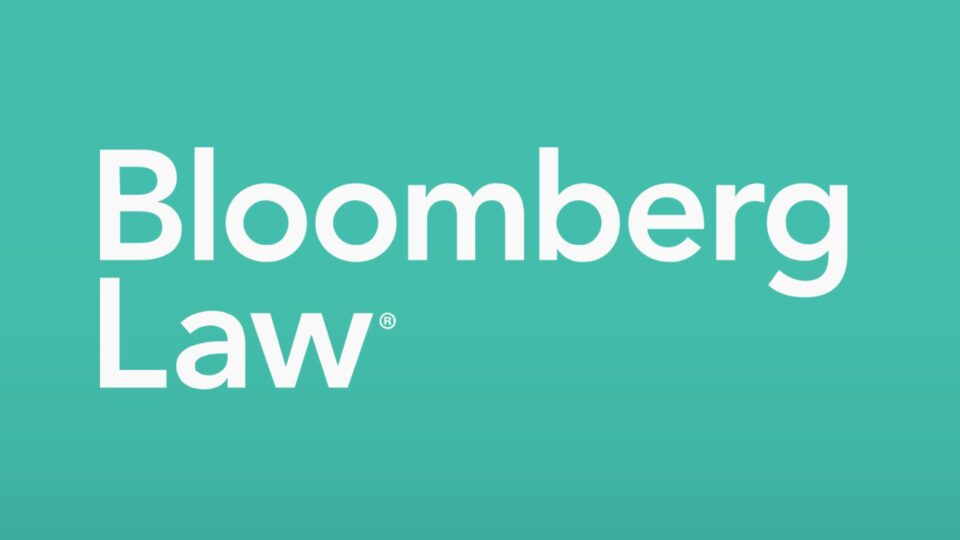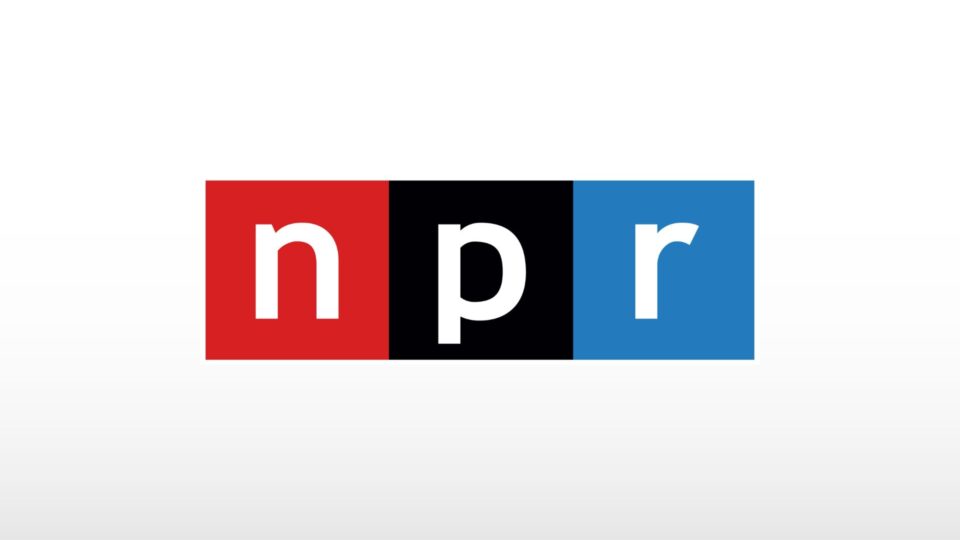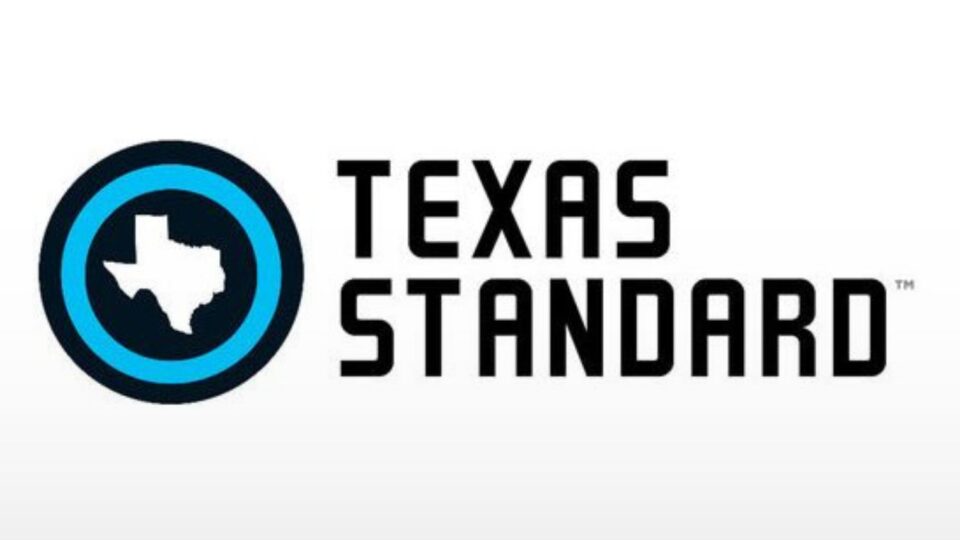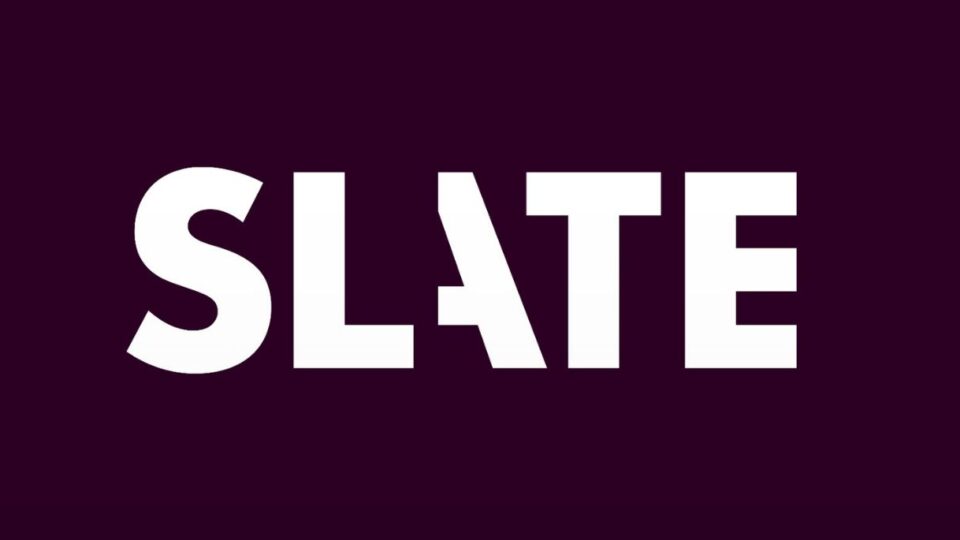Elizabeth W Sepper’s faculty profile

Bloomberg Law November 29, 2023
Texas Supreme Court Weighs Abortion Ban

JAMA Network October 22, 2023
The Supreme Court’s 303 Creative Decision and the Threat to LGBTQ+ Health Care

Bloomberg Law Podcast September 12, 2023
Judges Appear Ready to Uphold Florida Abortion Ban

NPR August 8, 2023
What just happened when Texas’ abortion bans briefly lifted — and what comes next

KFF Health News August 7, 2023
How the Texas Trial Changed the Story of Abortion Rights in America

Medical Marketing and Media August 7, 2023
How the Texas trial changed the story of abortion rights in America

The Guardian July 6, 2023
US supreme court strikes blow against LGBTQ+ rights with Colorado ruling

Texas Standard July 5, 2023
Supreme Court rules 6-3 to make it easier for businesses to deny service to LGBTQ people

The Los Angeles Times July 5, 2023
Opinion: With its 303 Creative decision, the Supreme Court opens the door to discrimination

Slate July 5, 2023
The Supreme Court Just Dealt a Major Blow to Corporate Mandates

New York Times June 28, 2023
Religious Freedom Arguments Underpin Wave of Challenges to Abortion Bans

Scripps News June 7, 2023
